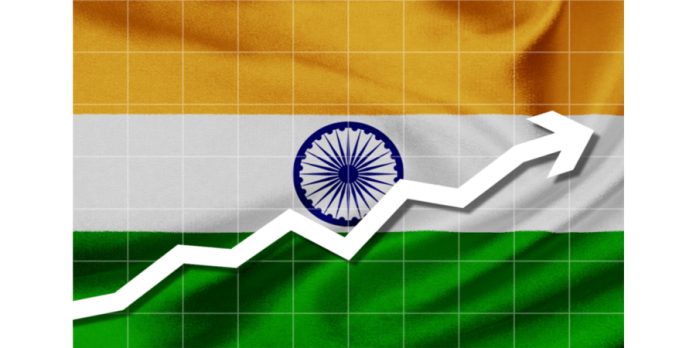India is a centre point for the key powers in the world and it is playing an important role in building global governance and a new world order.
India is in the process of securing its strategic autonomy so that it can pursue its national interest. India’s security largely depends on external security, internal security, sustained economic growth, energy security, maritime security and access to critical technologies in the strategic areas. In its policy, India is pursuing a non-polarised and non-hegemonic world that would maximise India’s say on the global platform.
In its effort to seek its due position in a globalised world, the most dramatic transformation has been in the India-US relationship. Both countries have moved from being ‘estranged democracies to ‘engaged democracies. The US is pursuing a Strategic Partnership with India that endorses India’s potential for the world.
PM Modi’s state visit to the US aims at making India a growing force in the semiconductor ecosystem and making India a central presence in the global semiconductor value chain. The big-ticket announcements during Prime Minister Narendra Modi’s visit to the US are a significant milestone in the growth of the semiconductor ecosystem in the country.
In the process, Micron becomes the first semiconductor company to set up a unit in India. It will set up an assembly, testing and packaging plant in Gujarat. Applied Materials is another company that plans to build a collaborative engineering centre in Bengaluru. Lam Research proposes to educate and train 60,000 engineers through its Semiverse Solution. It is a virtual fabrication platform to accelerate India’s semiconductor education.
The Indian government is negotiating another half a dozen semiconductor fabrication companies that are likely to invest in building semiconductor fabrication in the country. The investment by Macron is likely to encourage more companies to come to India.
Building semiconductors is crucial for India to develop a domestic electronics supply chain and reduce imports. Chip manufacturing is of paramount importance for India for its big domestic market and to reduce the electronic import bill which is next to the oil bill. That is why a Rs 76,000 crore scheme is extended further to apply for Semifab so that the government can receive more proposals. The new window is applicable from June 1, 2023, until December 2024. The three proposals from Vedanta-Foxconn, ISMC which included Israel-based Tower Semiconductor, and Singapore-based IGSS Ventures are yet to take off.
Prime Minister Modi’s visit to the US is marked by several deals to empower India economically and strengthen it on the defence front. The other significant deals are: GE Aerospace and Hindustan Aeronautics signed an MoU to produce fighter jet engines for the Indian Air Force. India will join Artemis Accord, the United States-led international agreement on civil space exploration. NASA and ISRO have also agreed to a joint mission to the International Space Station. The purchase of General Atomics MQ-9 Reaper armed drones is another such deal to strengthen the Indian armed forces.
Indian policy seeks to enhance its power and influence by enhancing bilateral cooperation with the US, EU, the UK, China, Russia, Japan and other countries as well as by participating in regional forums and international platforms by skilfully using its soft power.
The period is conducive for India to emerge as the new flying geese and usher in a new era of strong growth for many decades to come.
By Devendra Kumar, Editor in Chief, ELE Times









